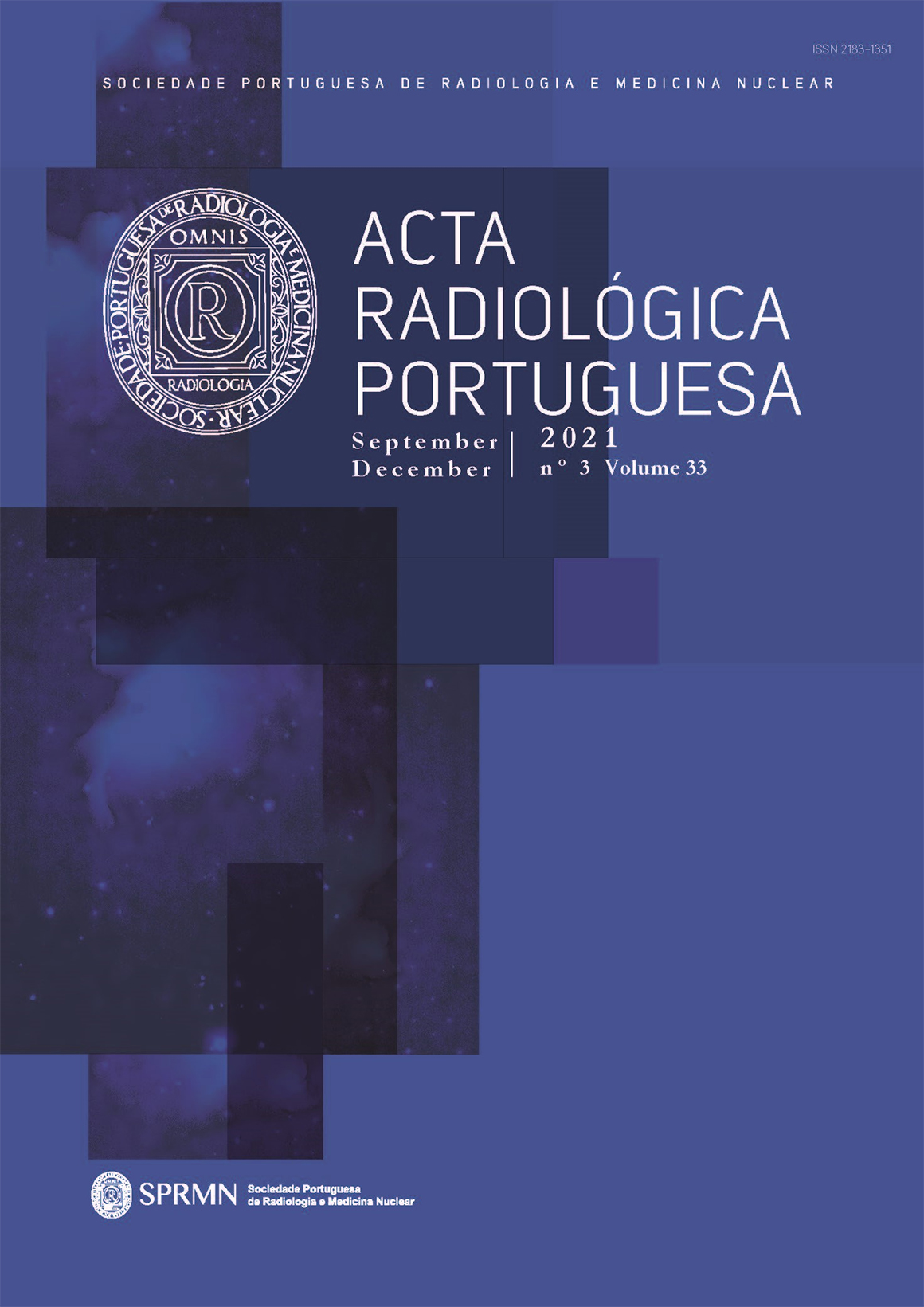Radioembolization in patients with colorectal cancer liver metastases. A 9-year retrospective study in a reference institution in Portugal.
DOI:
https://doi.org/10.25748/arp.25698Abstract
Introduction: The role of radioembolization (RE) in liver dominant metastatic colorectal cancer liver (mCRC) is still unclear. This research aims to assess the prognostic factors and outcomes of RE in these patients.
Methodology: A retrospective analysis of all patients with liver mCRC who underwent RE in our institution, from January 2011 to March 2020, was performed. The one-year survival was evaluated with the Kaplan-Meier method and potential prognostic factors were analysed using the log-rank test, Mann-Whitney test, chi-square test, Fisher’s test, and t-test for independent samples.
Results: Thirty patients were analysed. The median age was 61.5 years and most patients were male (63.3%). There was a low complication rate. Successful RE was observed in 50% of the cases. Lower cancer stage, CEA levels at diagnosis lower than 20ng/mL, more than one year between diagnosis of CRC and the emergence of liver metastases, absence of vascular or lymphatic invasion at the time of diagnosis were significantly associated with a successful. The one-year survival of patients with and without successful RE was 9.4 and 8.9 months, respectively.
Conclusion: The RE was considered a well-tolerated procedure, with easily managed complications and a low complication rate. Careful selection of patients is essential for obtaining a successful ER. However, more studies with larger cohorts are needed to validate this procedure in patients with unresectable and chemorefractory liver mCRC.
Published
Issue
Section
License
CC BY-NC 4.0


